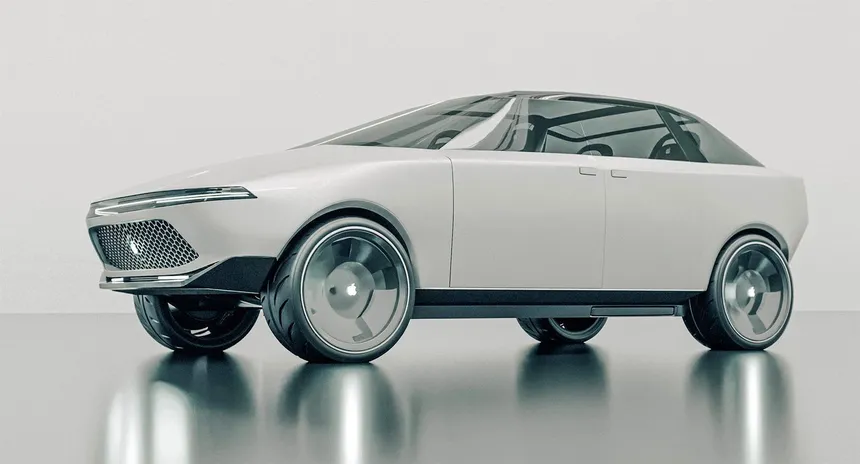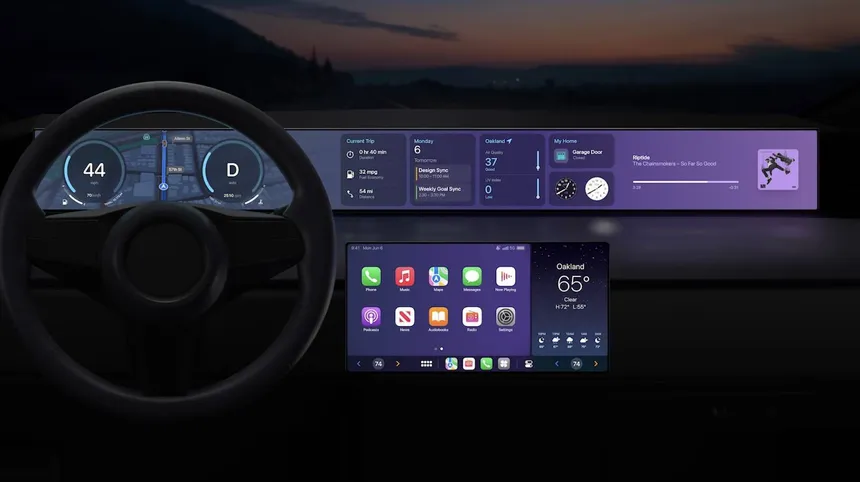Apple’s ambitious plan to create a revolutionary autonomous vehicle, codenamed Project Titan, was a decade-long effort that finally came to an end last month. The project, which was rebooted in 2014 under the leadership of Tim Cook, aimed to create a fully driverless vehicle designed for comfort and entertainment. The vehicle was intended to be launched in 2025 with a range of innovative features, including a giant TV screen, a powerful audio system, and adjustable window tint. However, the project was plagued by indecision and uncertainty, earning it the nickname “Titanic disaster” among insiders.
The idea of Apple creating its own car dates back to 2008, when co-founder Steve Jobs floated the idea of acquiring General Motors. However, after considering the proposal, Jobs ultimately shelved it to focus on promoting and improving the iPhone. It wasn’t until six years later, with Cook at the helm, that Apple revisited the idea of building an Apple Car.
Before creating any prototypes, Apple revisited the idea of acquiring an automaker, this time Tesla. Although a leading Apple executive met with Tesla CEO Elon Musk on multiple occasions to discuss the deal, Cook ultimately decided to end talks due to Apple’s uncertainty about its long-term ambitions for the project. A later collaboration with Mercedes-Benz also failed to materialize.
Apple’s inability to determine its vision for the project ultimately led to its demise. Despite the setbacks, Apple’s failed car project has sparked interest and curiosity, with some onlookers speculating about the company’s potential future plans for such an endeavor. The company’s lack of clarity about its ambitions has been a major factor in the project’s failure, with some insiders referring to it as the “Titanic disaster”.

Apple’s Project Titan
Throughout the decade-long effort, Apple’s approach to the project was scrutinized. While the company’s focus on user experience and design led to innovations such as the Apple Watch and AirPods, its approach to the automotive industry posed unique challenges. The complexity of designing and engineering a vehicle, combined with the regulatory hurdles and public concerns about autonomous vehicles, proved to be daunting tasks for Apple.
The company’s failure to acquire a suitable partner or develop a clear vision for the project has left many wondering whether Apple will abandon its automotive ambitions or continue to explore the space. While there is no clear indication of what the company’s next move will be, its failed car project has sparked a renewed focus on innovation and disruption within the automotive industry.
In the meantime, Apple’s departure from the car project has left the industry without a major player. While companies such as Tesla and Waymo continue to push the boundaries of autonomous driving, Apple’s absence from the market has left a void that will be difficult to fill. Despite the setbacks, Apple’s failed car project has left a lasting impact on the industry, and it will be interesting to see how the company approaches the space in the future.








































